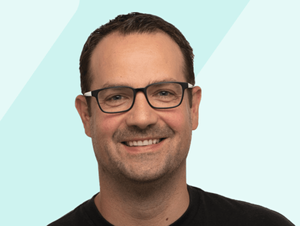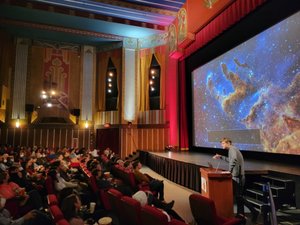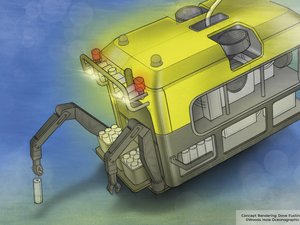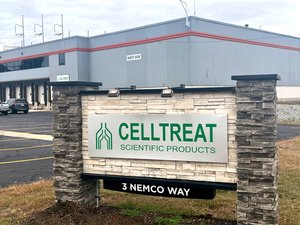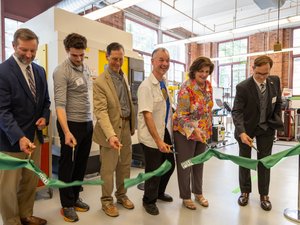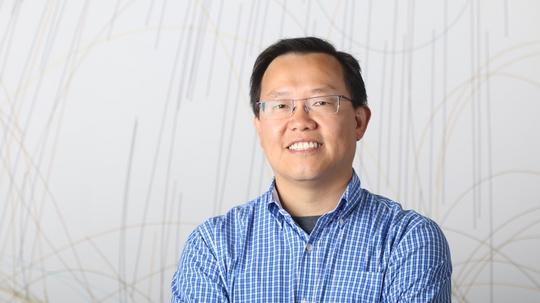
Here’s a fun fact to start with: The city of Boston played a crucial role in the history of antibiotics, after survivors of the great fire of 1942 were among the first human beings to be successfully treated with penicillin (thanks, Sir Fleming).
Seventy-five years later, a Boston-based biotech company is carrying on the fight against infections by using genome sequencing and machine learning. Day Zero Diagnostics is developing a system that promises to analyze patients’ samples and predict which antibiotics will work best as treatments, even though the bacteria that are causing the infections are antibiotic-resistant.
"When you have inappropriate treatment, your risk of mortality increases 8 percent per hour in the first six hours that you are infected."
Let’s take a step back and explain a thing or two. Usually, antibiotics are a great way to cure infections, as they kill the bacteria that cause them.
The problem is that over time, bacteria got smarter. The phenomenon, which the World Health Organization defines as “antibiotic resistance,” essentially means that bacteria are changing in response to the use of these medicines, which might be no longer as effective as they were.
When it comes to treating infections, timing is vitally important. “It typically takes somewhere between three to five days before [patients with severe infections] are fully diagnosed,” Jong Lee, president, co-founder and CEO of Day Zero Diagnostics, said in an interview. “This was the shocker to me.”
Even more shocking for him, he said, was the fact that the treatment does not necessarily depend on the diagnostics. Since diagnostics takes so long, physicians prescribe patients broad-spectrum antibiotics, kind of jack-of-all-trades drugs that may be effective against multiple bacteria.
Generally, this turns out to be an effective solution, as Lee points out, although unintended side effects may occur. But still, the possibility for broad-spectrum antibiotics not working because of antibiotic resistance is very high, Lee said.
“When you have inappropriate treatment, your risk of mortality increases 8 percent per hour in the first six hours that you are infected,” he said.
Based in the Pagliuca Harvard Life Lab, Day Zero Diagnostics said it’s cutting back the diagnostics time to five or six hours thanks to a system that will be sold to microbiology labs. The analytic system will be cloud-based and work with a variety of samples, the first one to be implemented being blood.
Officially launched in May 2016, the company announced the completion of a $3 million seed round of financing in August and says it will use the money to develop a fully functional prototype of the system.
